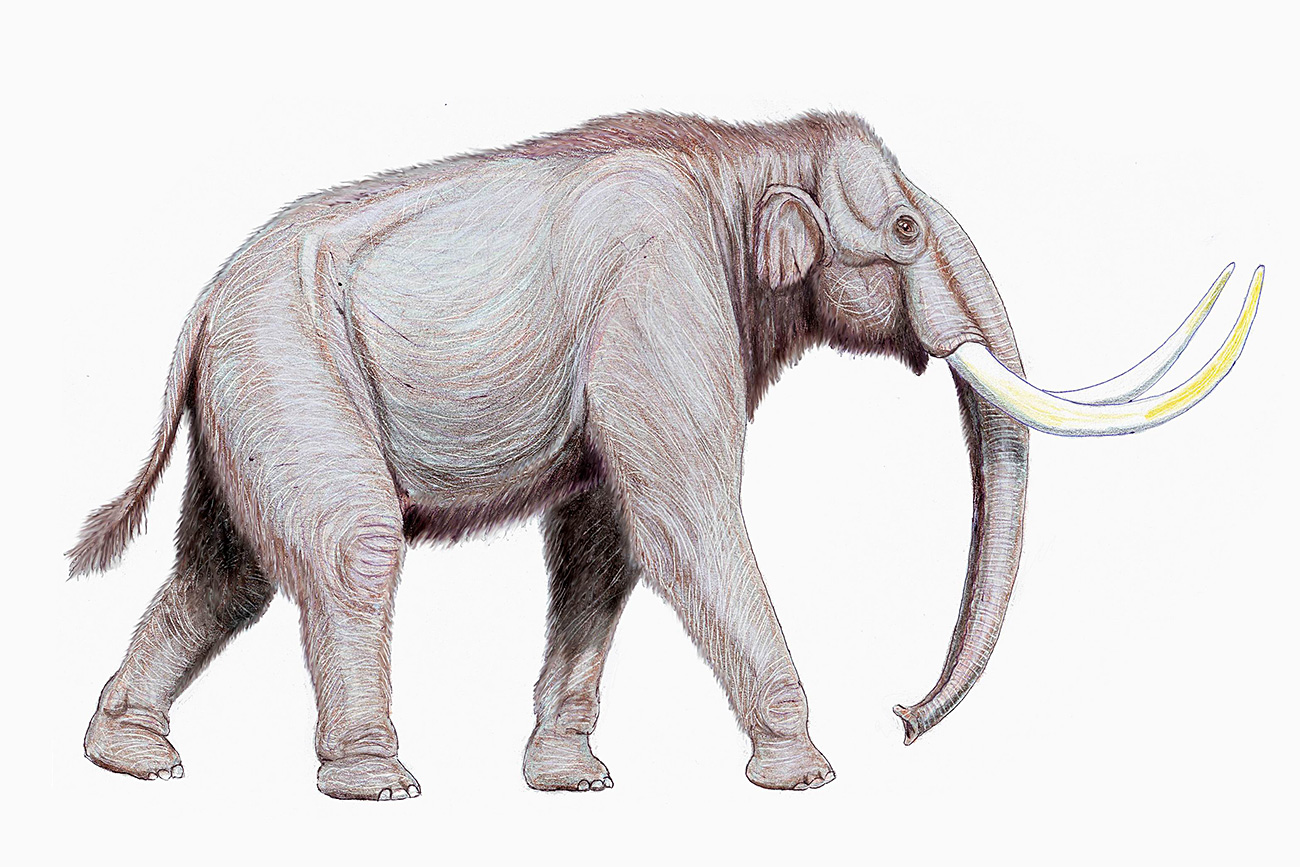Siberian potato farmer’s ‘harvest’ reveals 400,000 year old mammoth

Steppe Mammoth
Dmitry BogdanovA farmer in the village of Oi in the Republic of Yakutia in Siberia was planting potatoes in his field when his shovel struck a hard object. First thinking that it was a piece of wood, he quickly realized that he was mistaken and that his land had yielded a most unexpected ‘harvest’ – ancient mammoth tusks.
Mammoth remains are found rather often in Yakutia, but this case amazed scientists because there are few well-preserved remains of steppe mammoths, one of the largest-ever members of the Elephantidae family of which elephants are, and mammoths were, members.
"The remains lay under the frozen ground for hundreds of thousand of years, and is almost undamaged," said Albert Protopopov, director of the Department of Mammoth Fauna Studies at the Yakutia Republic Academy of Sciences. "We were very lucky. It's not often that you get an opportunity to excavate a mammoth in its entirety."
Soon after he realized what he had unexpectedly dug up, the farmer decided to call the local history museum, and scientist Prokopii Nogovitsyn rushed to the scene and excavated a part of the tusks, each measuring three meters in length, and with a circumference at the root of 50 centimeters. "Having determined that it was most likely a steppe mammoth, we immediately sent the information to paleontologists," said Nogovitsyn.
Excavation will begin only in August when the ground melts. Researchers from Moscow and the regional capital city of Yakutsk will journey to the village of Oi, and they anticipate that the work will be very difficult and painstaking. If the weather is good, the mammoth will be extracted from the permafrost before the onset of winter.
"For now, I can say that this is a male who died when he was almost 40 years old," said Protopopov. "We will be able to determine his exact age when we find the lower jaw with teeth. However, this is probably the most unique steppe mammoth so far in the world."
After completing the excavation, scientists will conduct a study to understand the reasons for the mammoth's death.
Read more: Why Russia is the homeland of the elephant
If using any of Russia Beyond's content, partly or in full, always provide an active hyperlink to the original material.
Subscribe
to our newsletter!
Get the week's best stories straight to your inbox